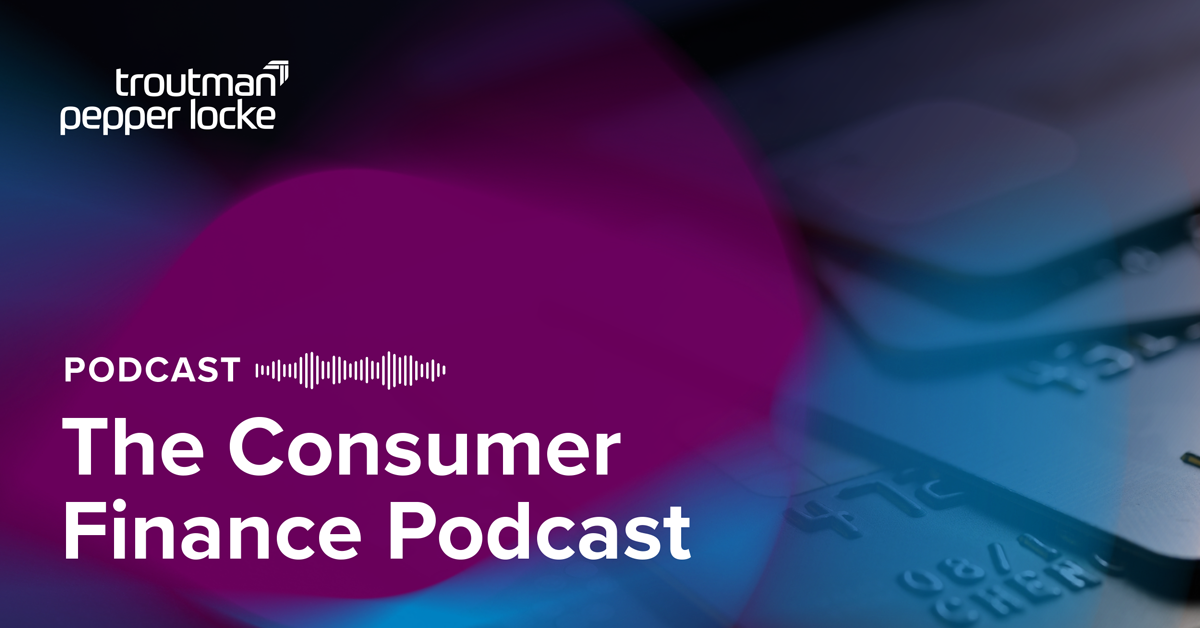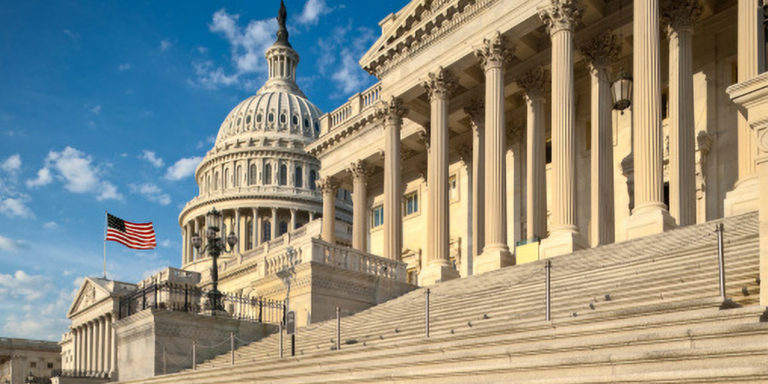In this special joint episode of The Consumer Finance Podcast and Payments Pros, guest host Taylor Gess talks to Troutman Pepper Locke colleagues Stefanie Jackman, Caleb Rosenberg, and Jeremy Sairsingh about student lending and income share agreements (ISAs). They highlight the “One Big Beautiful Bill” and its sweeping overhaul of federal student loan repayment options and borrowing caps, break down differences between ISAs and traditional loans, and explain why state lawmakers and regulators are increasingly focused on these products. The episode also includes practical takeaways on licensing, servicing, and the potential future of credit reporting for private student loans and ISAs, offering industry participants a roadmap for navigating both federal and state-level changes.









